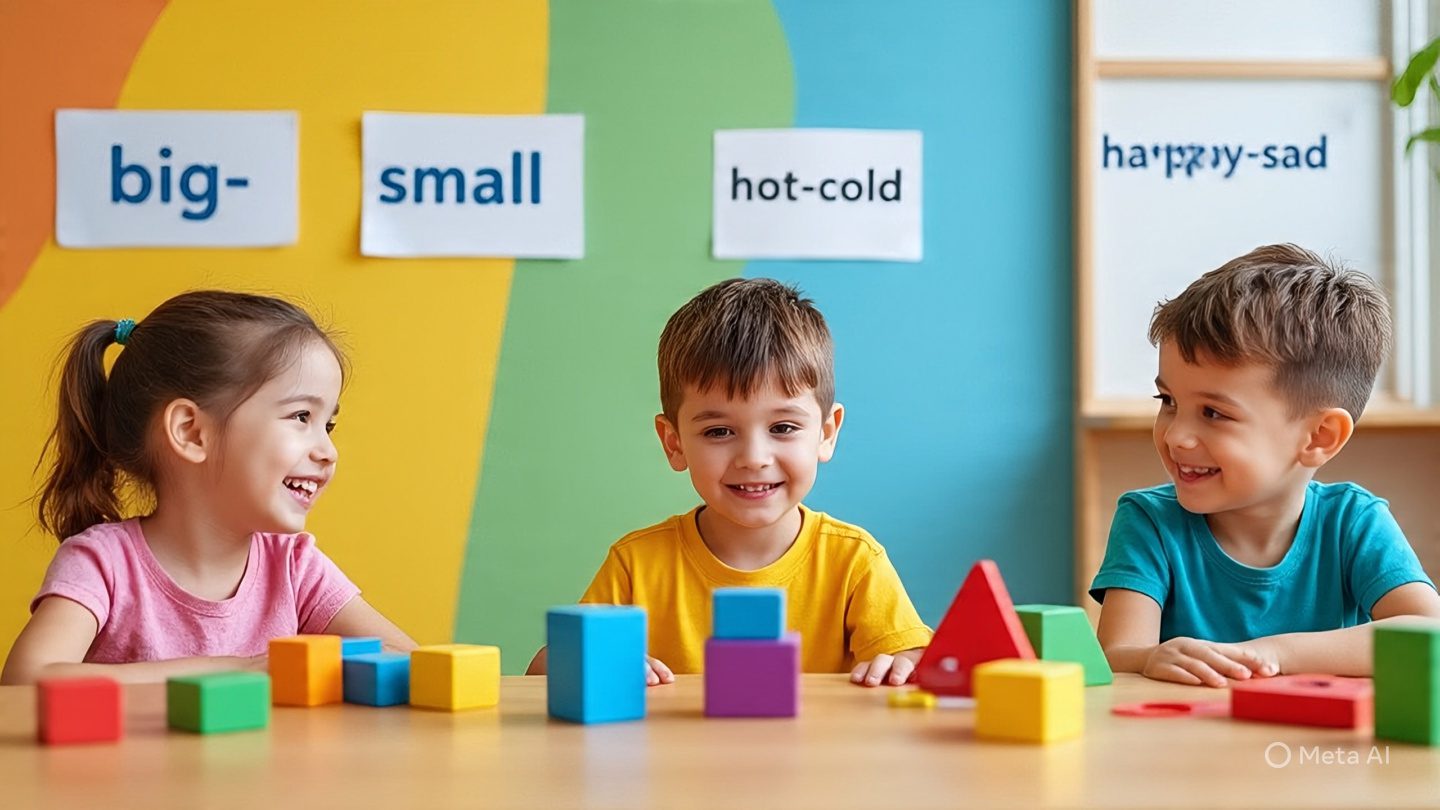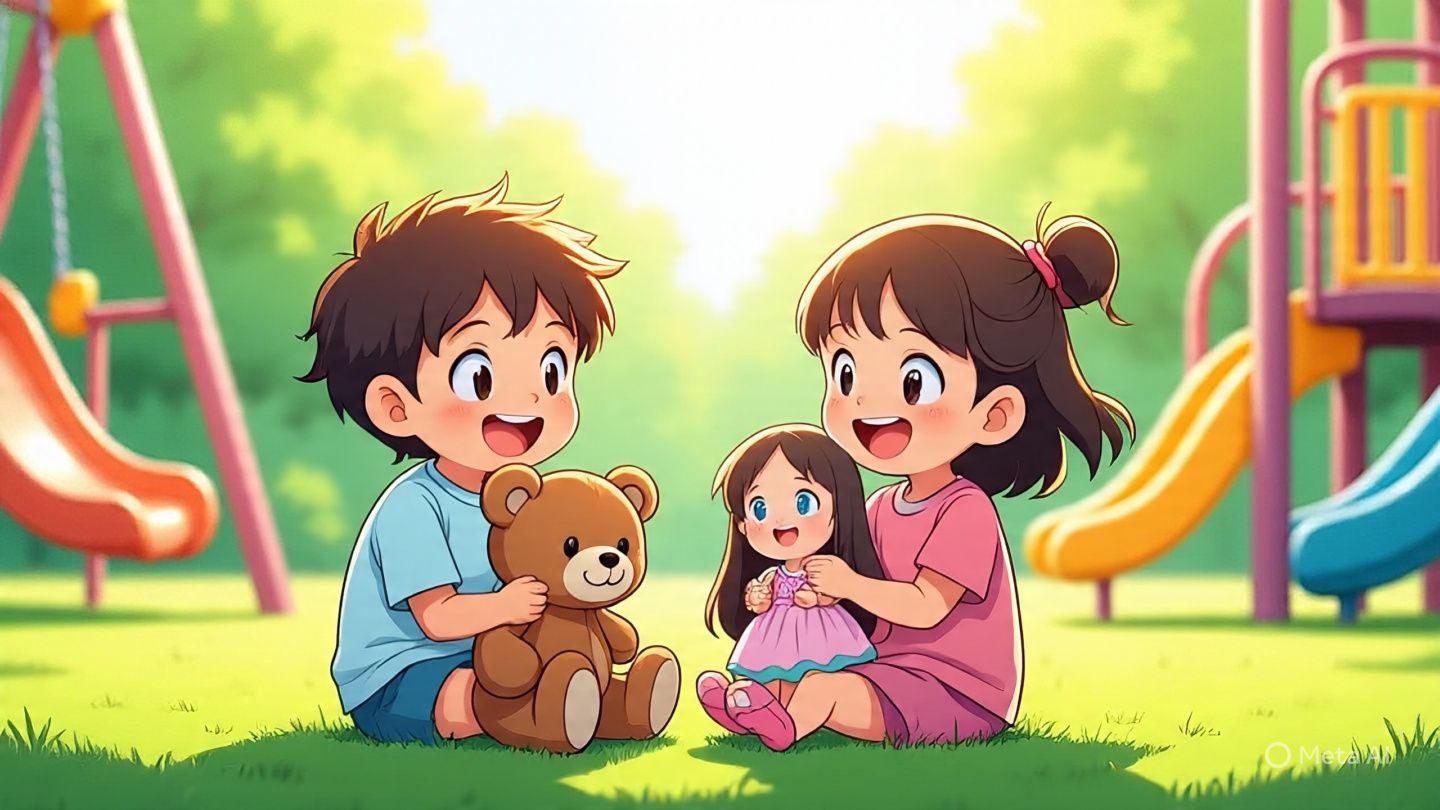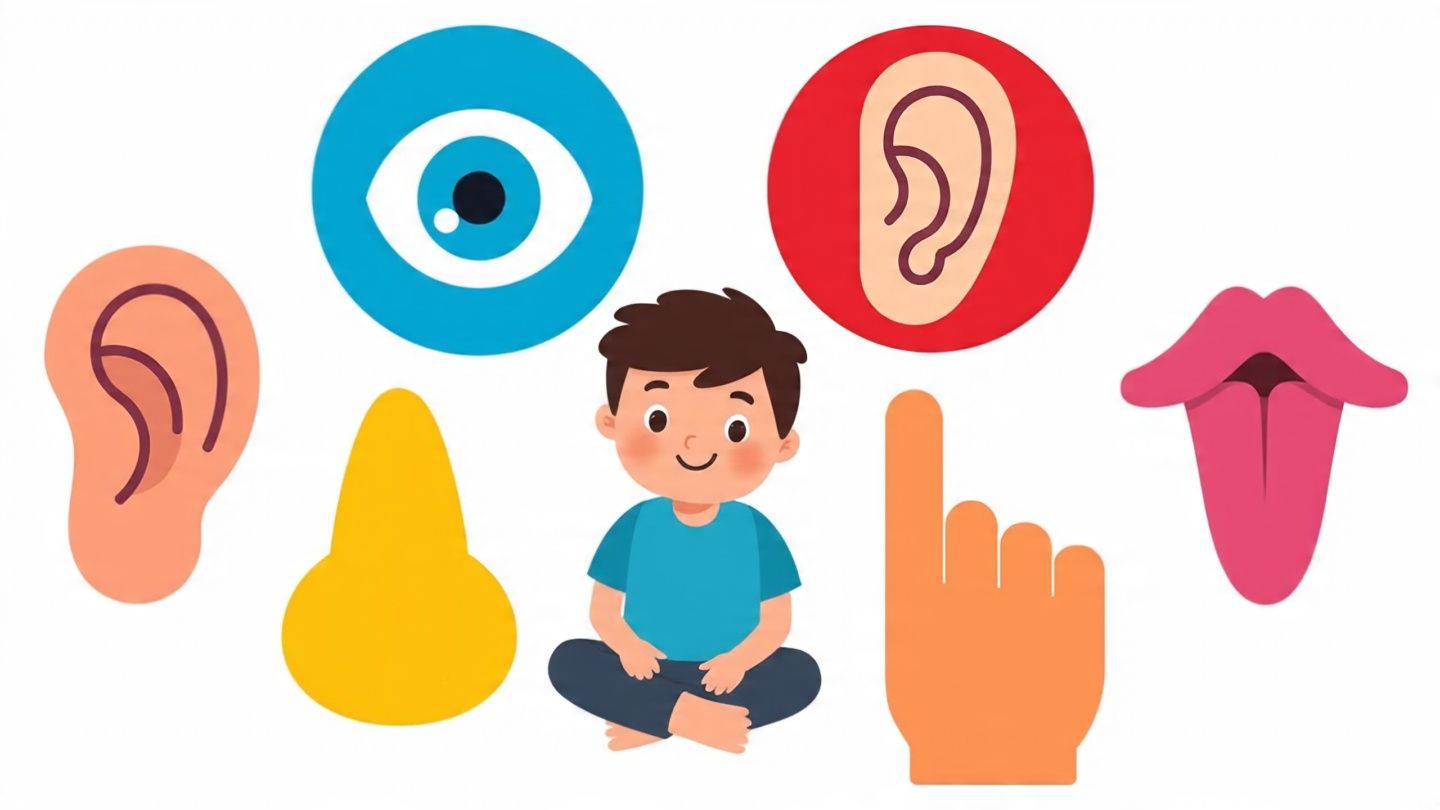Common Opposite Words Every Kid Should Know
Understanding opposite words helps children expand their vocabulary and develop logical thinking. When kids learn that “big” is the opposite of “small,” they start seeing how words relate to each other. Here are 10 essential opposite word pairs every young learner should know:
- Big vs. Small
“The elephant is big, but the mouse is small.” These contrasting sizes are perfect to explain visually through toys or animals. - Hot vs. Cold
“Ice cream is cold, but soup is hot.” Use food examples to make it easy for children to remember temperature differences. - Fast vs. Slow
“A cheetah is fast, while a turtle is slow.” This pair works well with animal races or toy car games. - Happy vs. Sad
“She is happy when she plays, but sad when she drops her toy.” Great for connecting emotions with facial expressions. - Open vs. Closed
“The door is open, now it’s closed.” Use a real door or book to demonstrate physically. - Day vs. Night
“The sun shines in the day; the moon comes out at night.” Teaching with pictures of sky scenes helps kids visualize this clearly. - Clean vs. Dirty
“Your hands are dirty after playing, now wash them clean.” Ideal for hygiene learning too! - Up vs. Down
“The balloon goes up, the stone falls down.” This contrast is perfect for movement-based activities. - In vs. Out
“The toy is in the box, now it’s out of the box.” Easy to show with any object and container. - Soft vs. Hard
“A pillow is soft, but a rock is hard.” Let kids feel different objects to understand these better.
Teaching opposite words early improves kids’ language skills and helps them better express ideas. Use simple activities and daily life examples to make learning opposites fun and meaningful.




Leave a Reply